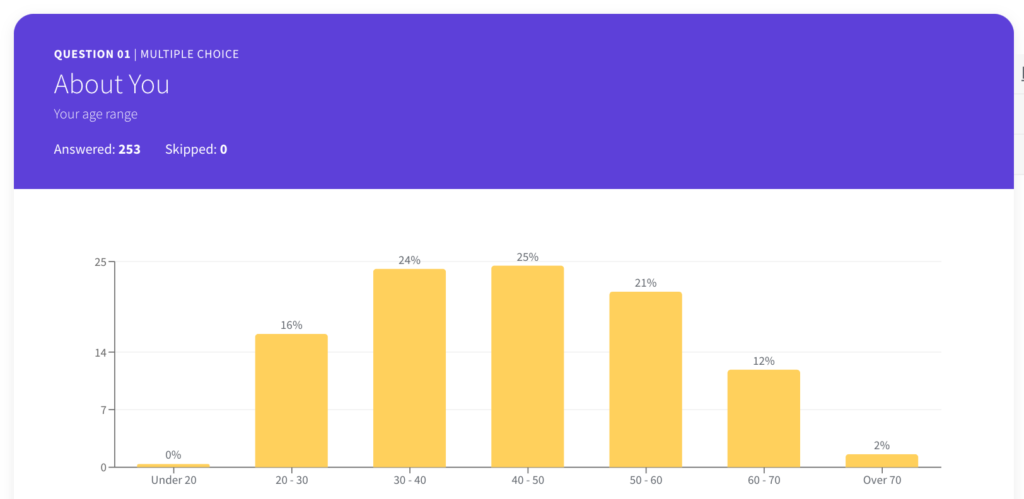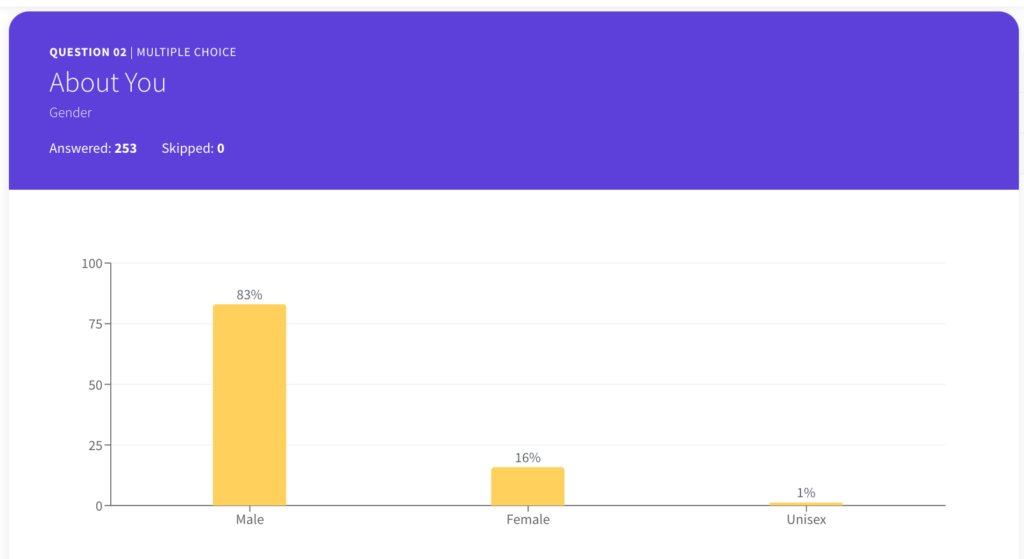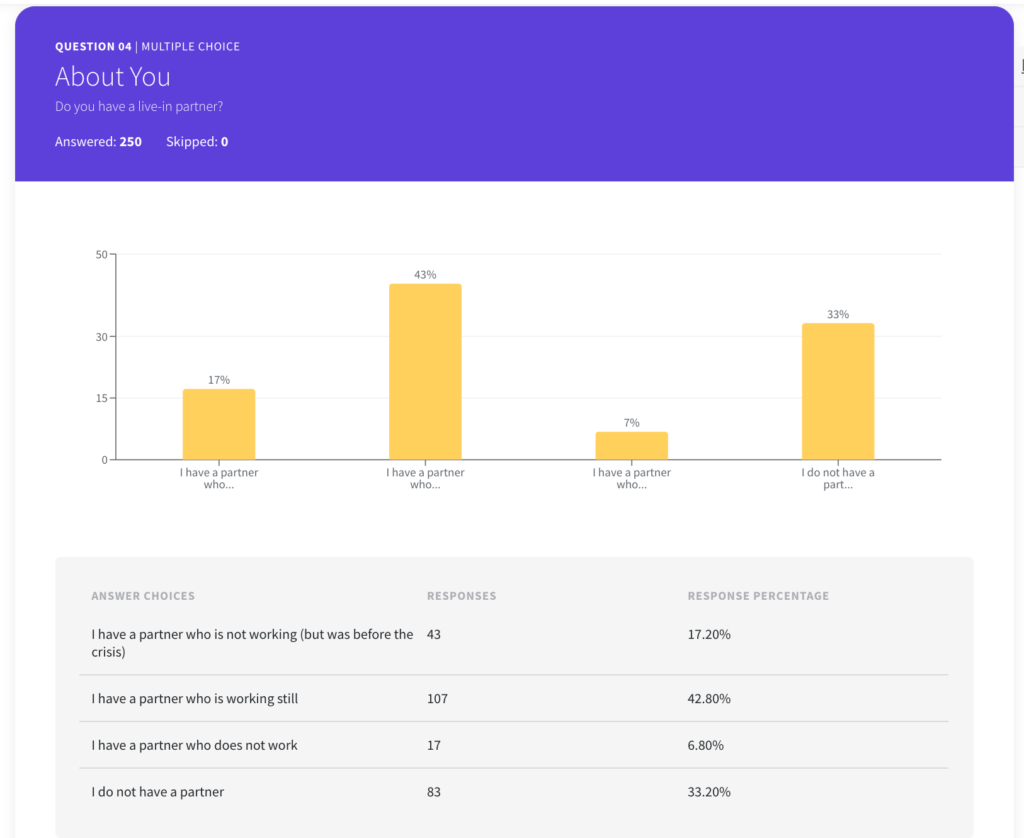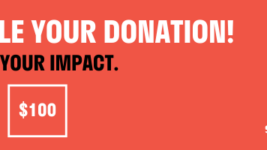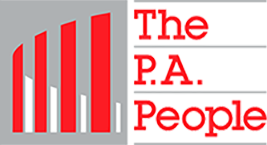News
3 Jun 2020
The effects of the pandemic: Workers Survey
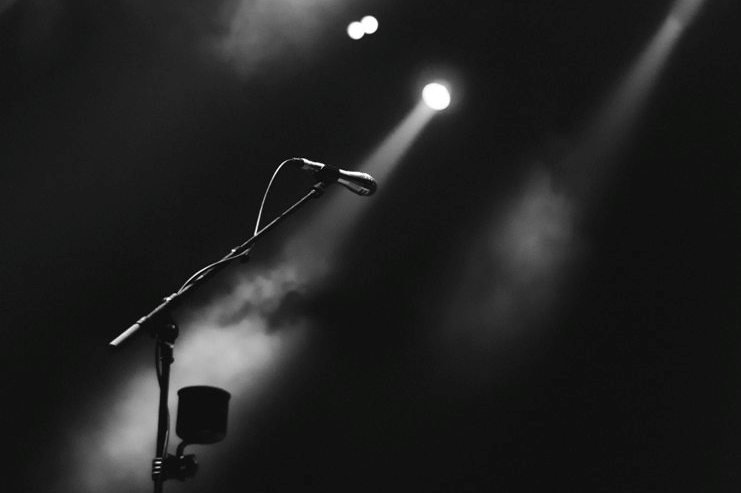
Subscribe to CX E-News
“It feels like we never mattered.”
253 participated in this survey, hosted by Julius Partners, to see how the crisis has affected us all. The survey was run alongside the survey for Business Operators, of which 162 reported.
The snapshot of who we are: 16% are aged 20 – 30, then equal slices of 24% 30 – 40, and same for those aged to 50. 21% of us are aged 50 – 60 and 14% have survived to work beyond 60, this author included!
Not surprisingly, 83% of us are male, and 16% female which is better than previous years, where the tech production and associated industry was almost totally a boy’s club.
Two thirds of us have a partner, and 43% of us have a partner who is still working. 17% of our partners have lost work since the crisis.
61% report that we work on or around a performance stage, 18% are in an office (which may be performance related), then we are scattered across film and TV, Workshop, Site, Training/Teaching, and we have two vehicle operators in our sample group.
As to the entertainment genre, main types are theatre (26%), music (29%), and corporate events (25%). The question around work type shows 49% were full time, 19% contractor (with ABN), and 15% casual. 89% of us were happy with that.
A biggie: pay. 132 people reported they are paid about $45 an hour (this question was optional). I cross-tested this, however, and as this was an anonymous survey, we need to be careful.
59 people reported their daily rate at $500. That was tested with the next question, which is typical weekly pay. 85 answered that one. The average was $1,951 but I’d discount that due to a cluster of high reported wages.
The most common range of pay was $1,200 to $1,800 a week.
Given the variety in reported numbers, the probability that some are net, some are gross, and some are invoiced contractor amounts, I estimate our sample group of 253 crew averages around $1,500 a week.
Good, but not great.
Confidence around restarting our workplaces was poor – as of 22 May, 51% expect their workplace will re-open. 26 people are owed entitlements; that’s better than I thought.
More than half got JobKeeper, and 47% did not. Of those who didn’t, 15% have savings. That’s good! 23% are supported by family. That’s nice.
THE MENTAL ISSUES
44% say this is a difficult situation, and only 6% of us report no real change in our mental state. 54% say their emotional state is best described as anxious. Only 23% are unaffected.
On that 58% say their ‘wellbeing’ is worse. I revisited mental health later in the 55 question survey. I asked ‘How would you describe your mental state since the crisis?’ 69% report troubles. I asked about major crisis in life, before this one. 56% had faced a crisis, most commonly death of a loved one (23%), then illness (17%), then workplace dispute or termination (14%).
Did that rate worse than THIS crisis? 46% say yes. 207 people tackled the suicide question. Horrifyingly, 5.8% had attempted suicide BEFORE the crisis, and the exact same number (12 people) say they have SINCE.
But lest you think they are the same people, 6.76% say they have BEFORE and DURING this crisis. Almost 13% of people clicked on the ‘I don’t want to answer this”. So we have a problem. And 33% of us know someone who HAS had suicidal thoughts during the crisis.
What does that says of us? We are talking. Eight people know someone who has committed suicide since the crisis started. More evidence that we ARE talking; in the question ‘Have you reached out for emotional support?’ 55% have not. So 45% of us are open to that.
As with the Business Operator survey, almost no-one has been infected with COVID-19. Three cases were reported, but they were not tested or confirmed. This shows that community transmission has not occurred in entertainment, where in theory we were super-exposed via audiences up until mid- March.
Frontline: Workers tell their story…
“Almost immediately, our company made all full-time staff part-time. We were doing a mixture of days at work and paid leave until JobKeeper kicked in. Now we are doing every little bit of work that can be done in the warehouse. When it kicks off again, we will have some crazy clean gear and a very economical warehouse to do gigs from. Bring on the gigs again!”
___________________________________
“My partner and I both work in the industry in full time roles, so this has been a roller coaster of emotions. Together we have a 15 month old who was in child care five days a week, which we had to cancel and request a fee hold as soon as the industry was told to stand down. I applied for Centrelink (JobSeeker and parenting payments) but was rejected from both as what I personally had already made in the financial year was over the minimum pay, and then my partner’s pay just over doubled our household income… so they weren’t able to help us in any way.
“This put us both in a situation we had never been in where we technically had our full time jobs but were only being paid the $1500 before tax on JobKeeper a fortnight. This figure is only 25% of our normal take-home income a fortnight, so the dramatic loss was felt straight away. With rent, a mortgage, my partner’s child support payments for his first child, utilities, food, nappies, formula, petrol, insurances, car costs etc I definitely had a hard time comprehending what was happening.
“To top this off, our daughter got very unwell and has spent most of the past three weeks in and out of hospital, which has been so tough as only one parent is allowed inside the hospital at one time. We weren’t allowed to even hand our baby over to each other. We had to leave her shut in a cot by herself until one parent is back outside and the other parent has then been scanned in and taken to the ward. It was heartbreaking.”
___________________________________
“Two days into COVID-19, I was stood down immediately. One week later, after 10 years with the company, I was the only employee out of 12 made redundant. Two days after being made redundant, the Prime Minister announced the JobKeeper package. I was not offered my job back. The company now refuses to pay out my remaining entitlements. I have now taken the situation to the Fair Work Commission for Unfair Dismissal.”
___________________________________
“Christ, this is f*&^%d. To make everyone scared of physical contact is the worst thing that can happen to humanity. Five years of lockout laws in Sydney, and now this? I’ve spent the best years of my life when I was supposed to be at the peak of my career scraping s&^t off the carpet for three beers and 50 bucks if I’m lucky.
“By the time Sydney has a job for me again, I’ll be dead. So, yeah, it’s all f*&^%d and there’s no hope for any of us, unless you like setting up Zoom meetings! The AV industry is as dead as a run-over cat. And old f&^$s like me will just end up washing windows at traffic lights, supporting a meth habit. It was good while it lasted, eh?”
___________________________________
“People at my company have been stood down. My workload has increased and I am working from home. This has given me more time with my family, and we are saving more financially since I’m not travelling to work anymore. It sounds unfair on others, but this lockdown has been fantastic for me and my family. We do get sick of being stuck inside for the most part, but we’re glad we got to have this time together.”
___________________________________
“Our company was in financial trouble prior to COVID-19, with invoices owed to my personal company since September last year. It is unlikely I will see what’s owed to me, same with other creditors. Morale is low in our workplace. They saw how quick management was to get rid of the workers that stand up to them and hold them to account. Our General Manager even openly talked about applying for government subsidy and pocketing it with one of our seniors.”
__________________________________
“Before COVID-19, backstage crew were invisible because it was our job to be so, but now it feels like we never mattered, and our contribution isn’t valued. The comments I see from the public on any article that actually mentions us in a call for industry support say something along the lines of “Not essential”, “They should get real jobs”, “Entertainment industry is all overpaid divas anyway”.”
________________________________
“As a sole trader, work ended in March. Initially I was very anxious as I have a mortgage and family. Once the government support was announced, it helped a lot, but as of now I am yet to see any of the funds. I have been educating myself with online courses and attempting to be ready for whatever direction the industry takes, I have strengthened my networks among fellow workers and clients and tried to support them and this has made me feel better. I know we will be the last to return to work but the chance of small events and venues opening up keeps me going.”
_________________________________
“I no longer wish to do the job I have been doing for many years. The industry has changed.”
CX Magazine – June 2020
LIGHTING | AUDIO | VIDEO | STAGING | INTEGRATION
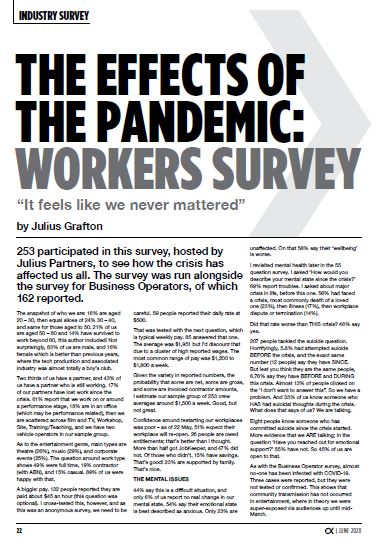
Entertainment technology news and issues for Australia and New Zealand
– in print and free online www.cxnetwork.com.au
Lead image: Oscar Keys
© VCS Creative Publishing
Subscribe
Published monthly since 1991, our famous AV industry magazine is free for download or pay for print. Subscribers also receive CX News, our free weekly email with the latest industry news and jobs.

